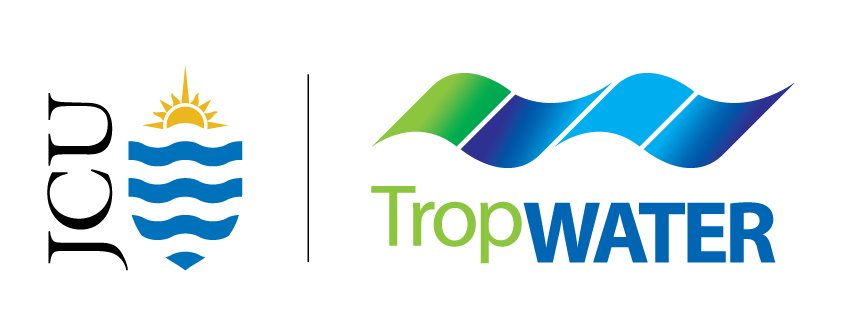
Whitsundays
Location
Poor water quality is a known pressure on the Great Barrier Reef, but water quality monitoring is lacking for the outer islands of the Whitsundays.
This project provides training on collecting water quality data to be incorporated into ecotourism experiences for the community.
The water quality data from this project will form a valuable baseline for understanding future trends and comparing across the wider region.
Key points
Whitsunday water quality monitoring: citizen science and ecotourism
A water quality knowledge gap in the Whitsundays
Over the last decade, areas of the Whitsundays Islands have been exposed to cyclones and coral bleaching events, lowering coral reef health and resilience. Good water quality is essential to build the resilience of these ecosystems and allow them to recover.
Since monitoring began in 2007, the inner islands of the Whitsundays region have shown declining water quality (moderate to very poor), influenced by runoff from the Proserpine, Pioneer, and O’Connell Rivers.
Water quality conditions had not previously been monitored at the outer islands, which are affected by the larger Fitzroy River to the south. Our researchers and tourism operators are addressing this knowledge gap with a citizen science project.
Combining ecotourism and citizen science to monitor water quality
This project addresses this gap in water quality monitoring, with our researchers establishing monitoring at key tourism sites at Cairn Beach and Tongue Bay in the outer islands of the Whitsundays.
Partnering with Reef Catchments and local tourism operators in citizen science, our scientists provide training on water quality data collection, which then forms the basis for ecotourism experiences. This engages the community in citizen science while gathering crucial baseline data on water quality in the outer Whitsunday Islands.
Our scientists and citizen science collaborators collect data on water clarity, nutrients, and temperature, using grab samples and underwater sensors connected to dataloggers.
Long-term data collection of at least five to ten years is required to create a reliable baseline dataset, which will be invaluable for understanding future trends and comparing water quality across the wider region.
Advancing water quality and community-led projects
The results of this project will provide insights into water quality issues in the Whitsundays to inform management decisions and will serve as a blueprint for future community-led projects.
The project continues to build momentum into its fourth year, with early results indicating some mild improvement in water quality across the region since 2019.
There are plans to increase sponsorship to support and expand the program in the future.
Project details
This project is led by TropWATER’s Dr Paula Cartwright and Associate Professor Nathan Waltham, with field support from TropWATER technical staff. Important foundational work for this project was completed by retired TropWATER scientist Jordan Iles. This project is supported by the Partnership between the Australian Government's Reef Trust and the Great Barrier Reef Foundation, BMA BHP, and North Queensland Bulk Ports Corporation.
Research support










